

Three million care workers, many of them Black and Latina women, could be classified as “companions” instead of professionals.


Department of Labor “walked away from” rule that expanded overtime to 4 million workers, says former agency head.


In light of Trump’s record, one analyst calls his more recent proposal to exempt overtime from taxes “cynical” and “unserious.”


If you earn less than $55,000 a year and work more than 40 hours a week, you could be eligible for time and a half.


The Department of Labor is scrambling to craft proposals that avoid the fate of Obama’s failed effort in 2016.
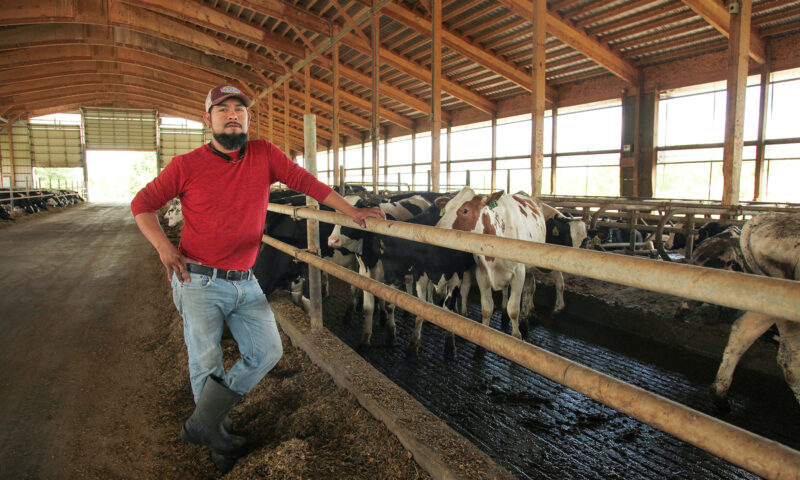

Major overhaul of labor laws circumvented by employers, say workers and advocates.


A patchwork of different rules decide which workers earn time and a half around the country.


How employers get away with denying workers income they used to earn.


Here is why a full-time employee is four times less likely to earn time-and-a-half income than in the 1970s.
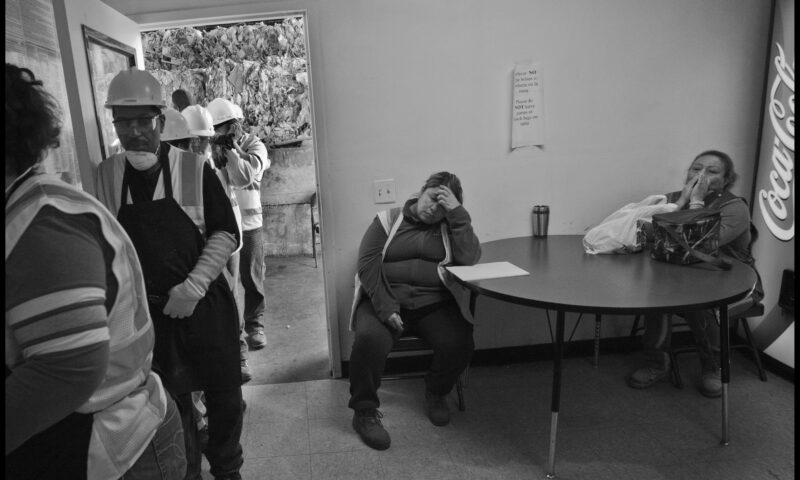

To do so, he will need to learn from the failures of Obama and Carter.
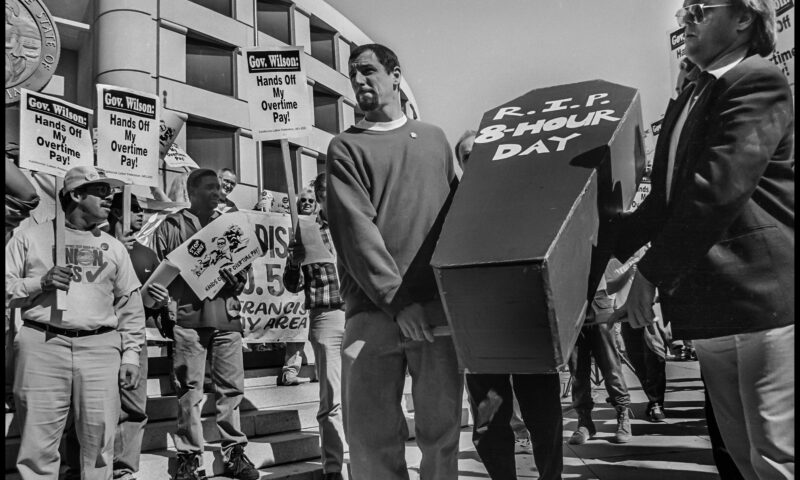

Many people work more than full time, but few earn extra money anymore. A labor-friendly president promises to change that.


The Labor Department is readying a rule that could allow millions more Americans to earn additional wages.


The future of an Obama-era rule to double the overtime salary threshold to $47,476 is uncertain under Donald Trump’s Labor Department.
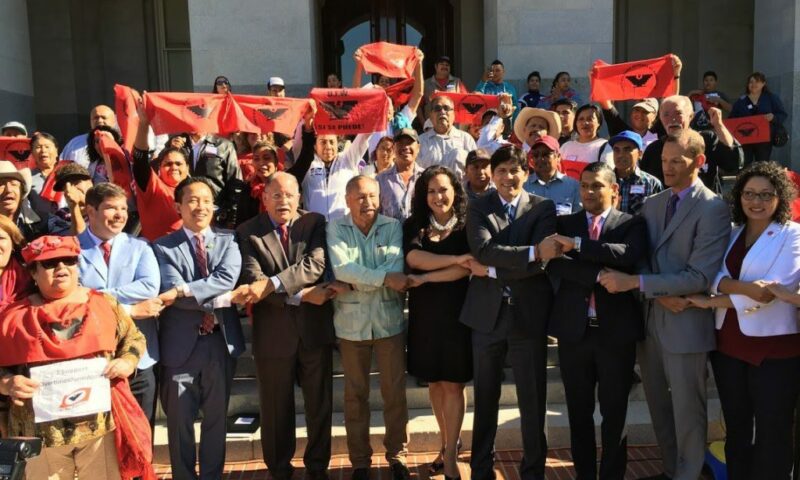
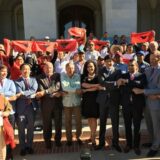
Bill Raden reports on the Assembly’s approval of overtime pay for California’s farm laborers, based on an eight-hour workday.


As Assembly Bill 1066, which would grant overtime pay to California farm workers, heads for a vote in the Assembly, farm workers and faith and civil rights groups are fighting for the votes needed to pass it.


The fight for farm worker overtime is going down to the wire in the current legislative session, which will adjourn at the end of August. And as Assembly Bill 1066, which would require it, moves through the legislature, Jewish and African-American organizations have made a commitment to win the votes it needs for passage.
For the state’s first hundred-plus years, certain unspoken rules governed California politics. In a state where agriculture produced more wealth than any industry, the first rule was that growers held enormous power.


Our friend showed up late in the evening from Northern California to spend a couple of days with us before pushing on in a long-planned vacation. But when I woke up the next morning, he had been up for hours. I found him surrounded by three screens and his cell phone – solving a tech problem for his company.
“Auspicious beginning of a vacation,” I said. “I thought you were supposed to leave all that behind.”
“Oh, no,” he said, “not at my pay level.”
And so it goes. “No rest for the weary and the wicked go free.” That was an oft repeated phrase an early mentor in work mumbled as he sipped on yet another cup of coffee and ran to yet another customer. He may have been obsessive and wired, but he only worked a 40-hour week. None of us worked more, except the boss now and then.